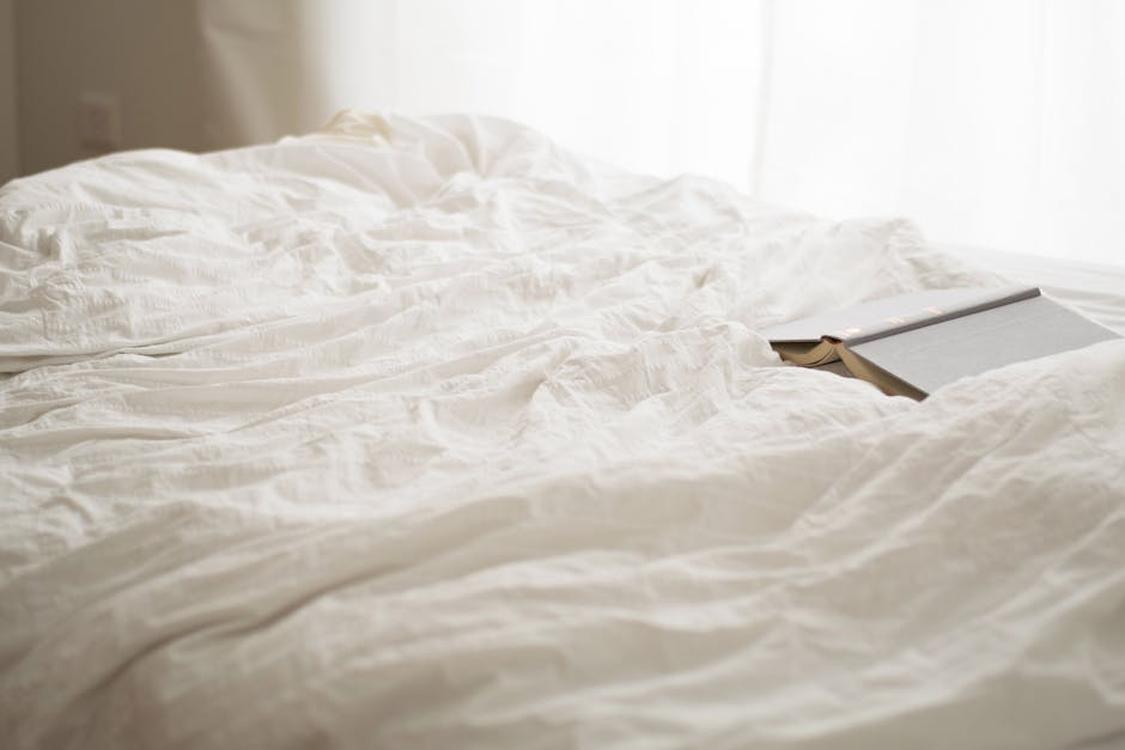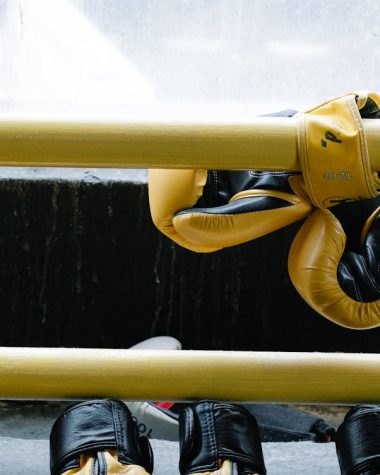Bed bugs are causing a panic in Paris ahead of next summer’s Olympics. The phones of specialized bug detectors and disinfection services have been ringing.
Paris Metro rail travellers, cinema-goers and U.S. influencers visiting for Fashion Week have been reporting noticing or being bitten by the blood-sucking pests.
1. Check Your Mattress
As Paris prepares to welcome millions of tourists for the 2024 Summer Olympics, some visitors are finding themselves with a very unwanted uninvited guest: bed bugs. The bedbug crisis in Paris made international headlines.
While the critters are notoriously difficult to eradicate, there are steps people can take to prevent an outbreak and help reduce their spread.
Start by performing a visual inspection of your mattress and bedding. Look for fecal marks, blood spots, or squished bug skin casings. Also, examine the seams, tufts, and folds of the mattress. If you suspect you have an infestation, flip the mattress over and examine its underside, too.
If you see any stains or marks, consider using a mattress encasement. This will starve the insects by sealing them inside the encasement and cutting off their food source. It’s also a good idea to inspect any furniture near your bed, such as headboards and dressers.
2. Check Your Clothes
Travelers can easily carry bed bugs from Paris to home, particularly if they live in an apartment or a vacation rental. In fact, Charlotte Ducomte says her company, which uses bed bug canine Watson to detect infestations in hotels and private apartments, has been swamped with calls lately from people worried about bringing the pests home.
The insects, which have resurfaced in recent decades after nearly being eradicated, can spread from place to place by hitching rides on the clothes and luggage of people who have them or by clinging to surfaces, like seats or walls. (They don’t transmit diseases, but they can cause psychological distress and sleep problems.) But Nehme, the dermatologist, says that COVID-19 and social distancing may have dampened their ability to spread, despite the flurry of headlines and social media videos during Fashion Week.
3. Check Your Bags
From hotels and restaurants to trains and airports, reports of bed bugs have been popping up in all kinds of places, making the critters easy for travelers to bring back home. During Paris Fashion Week, a video of a Metro carriage infested with them caused people to freak out, and a Paris deputy mayor even posted about the pests on X (formerly Twitter) this month.
However, it’s not necessarily time to rethink your travel plans. As long as you follow some basic precautions and are mindful of your surroundings, you should be fine. For instance, keep your suitcases up off the floor and on a luggage stand to prevent them from hittingchhiking. Also, wash your clothes after each wear to kill any lingering hitchhikers. And be sure to vacuum your bags before putting them away. Heat or freezing them is another option that should help kill any remaining eggs and nymphs.
4. Check Your Bedspread
While you’re sleeping, look under the sheets and on the mattress for signs of bed bugs. These little monsters love to nestle in places you can’t see so look for dark specks, shed skins and trails of red (blood).
It’s best to bring along a flashlight or even your smartphone so you can check all the crevices. Also check behind the headboard, in dressers and nightstands, under liners in drawers, and inside electrical outlets.
Despite the recent panic over Paris’s bed bug problem, most experts are nonplussed. They advise that you shouldn’t cancel your travel plans, but be more careful about where and when you stay. Keep in mind that these pesky creatures can spread from your home to any place you visit, especially if you bring them back in your luggage. They’re known to be able to survive for months without food, so it’s important to reduce their hiding places.
5. Check Your Bed Frame

The fabric of a bed frame offers many hiding spots for bed bugs. Even metal frames are not immune from the pests, which can find their way into holes and cracks.
The best way to spot a bed bug infestation is by looking for fecal droppings, which are black and have a rusty smell. Another telltale sign is a sweet, musty odor, which is released when the insects molt.
Inspecting your home for bed bugs will help you determine how far the infestation has spread. A flashlight will allow you to see inside dark crevices and corners, where the bugs often hide. Also examine any dressers or nightstands that are close to the bed, as they may harbor bed bugs. A magnifying glass will help you identify the insects and their eggs. Pay special attention to any gaps or cracks near the baseboards, where the bed bugs can nestle and wait to invade your home.
6. Check Your Furniture
Bed bugs are incredibly small and nocturnal, making it easy for them to hide in luggage, clothes, shoes, bags, and even plush toys. They can also sneak into your home on secondhand furniture and other items from yard sales or flea markets.
If you’re considering buying any used furniture, use a flashlight to inspect it from top to bottom, inside and out, for signs of an infestation. Look for tiny blood stains and dark spots that resemble bug excrement. Also, feel for a sandy texture that could be caused by shed skins and egg shells.
If you find any of these, take the furniture outside and vacuum it thoroughly to remove the insects and their eggs. Then, wash the cushions in hot water and put them in a dryer on high heat to kill the pests.
7. Check Your Vents
After weeks of Paris bed bug hysteria—with sightings on trains, in cinemas and amongst fashion influencers at the city’s hottest restaurants—people are starting to freak out. This isn’t surprising as a bed bug infestation can cause massive emotional, physical and financial stress.
Clutter can offer extra hiding places for the bugs and it is important to keep your home tidy to make it more difficult for them to invade. Some people recommend freezing items infested with the insects but this can take months to work and isn’t a foolproof solution since they can survive for months without feeding.
The best way to avoid a potential outbreak is to inspect your clothing and luggage before you travel. This will help you catch the pests before they can hitch a ride back to the UK and start an infestation. Look for small rust-colored spots on your linens, which are the bed bug’s faeces.
8. Check Your Lights
Paris officials have stepped in to curb the spread, setting up hotlines and offering free mattress inspections. The national health and sanitary body ANSES has released a study that suggests 11 percent of French homes have bed bugs, which are resistant to many potent insecticides.
The resurgence of these blood-sucking insects has been attributed to travel and the fact that they are becoming more resistant to chemical treatments. The pests have also been reported in schools, cinemas and hospitals in Paris.
Before you discard clothes or other items, put them in a sealed trash bag to prevent them from spreading indoors. Don’t leave them on a countertop near clean laundry or anywhere else they might be picked up by someone else. Double bag paper, books, toys and other items that could be hiding a bed bug.
9. Check Your Air Conditioner
Paris companies specializing in bed bug removal have reported a major increase in calls, with Parisians shelling out an average of $500 to get their homes treated. The city’s deputy mayor, Emmanuel Gregoire, has urged the government to help tackle the problem and has asked insurance companies to include bed bugs in house policies for low-income residents.
However, experts say the resurgence of the blood-sucking insects is likely due to a number of factors, including rising travel and resistance to potent insecticides. They may also be carried by people infected with certain staphylococcus (MRSA) bacteria, which have been shown to resist antibiotics.
MRSA-carrying germs are already widespread in London and other parts of the UK, but they’re unlikely to spread further, Dr Hentley says. But the resurgence of bed bugs will probably cause people to take precautions when travelling and staying in hotels.
10. Check Your Heater
Bed bugs are notorious for resisting many home remedies, including heat. This is why it’s important to call in a professional for a proper treatment, if you suspect an infestation.
Clutter provides additional hiding spots for bed bugs, so it’s essential to keep your space tidy and free from clutter. This will also help you better spot any signs of an infestation.
While the Paris situation has sparked a panic among local residents and tourists, it may be simply a case of raised awareness for an endemic problem. In fact, ANSES says that the increased number of people traveling internationally has played a significant role in the increase in bed bug incidents. This includes the increased use of rental services for private accommodations, like Airbnb. As a result, the bed bug population has grown more resistant to conventional treatments.








